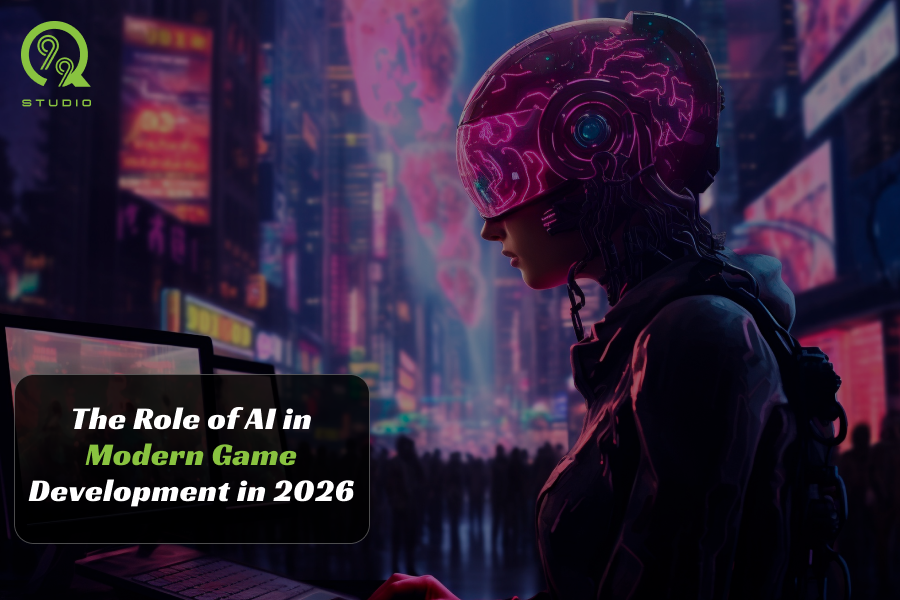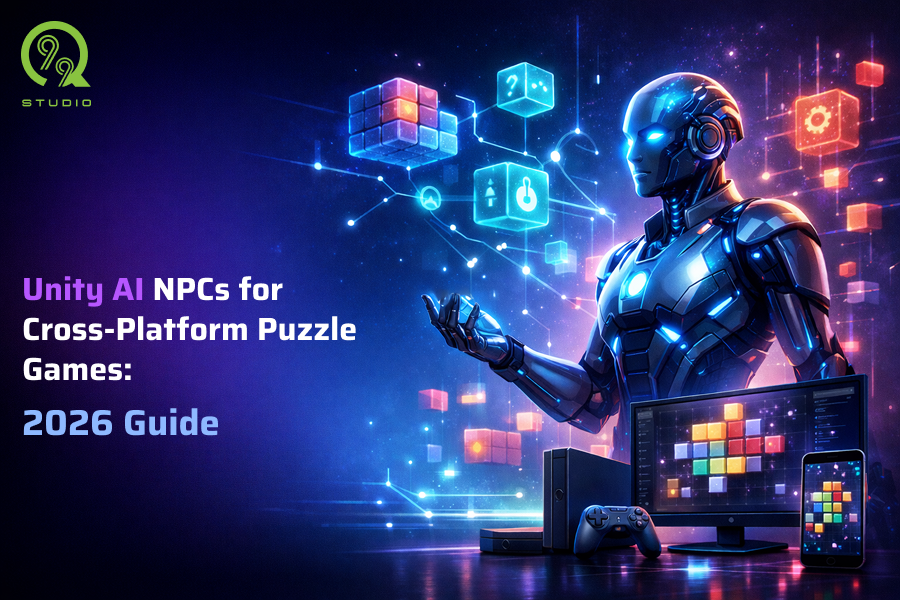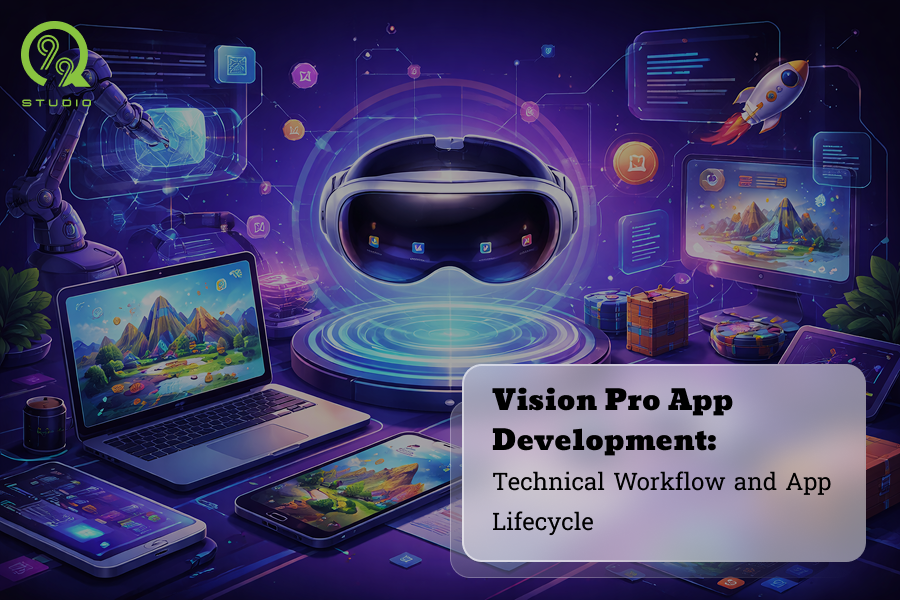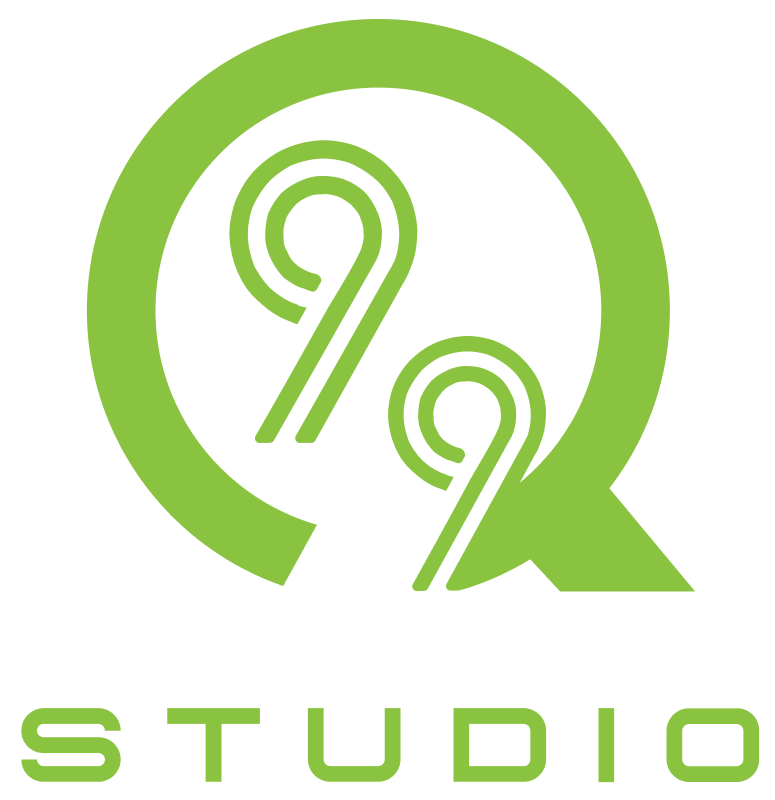In the ever-evolving world of game development, choosing the right game engine is crucial. With numerous options available, such as Unreal Engine, Godot, and CryEngine, developers often find themselves debating which platform best suits their needs. However, Unity 3D has consistently emerged as the top choice for both indie developers and large studios. In this blog, we will explore why Unity 3D stands out from the competition and why it remains the best game engine for many developers.
User-Friendly and Beginner-Friendly
Unity 3D is well known for its intuitive interface and ease of use. Unlike other game engines that require extensive coding knowledge, Unity provides a simple yet powerful drag-and-drop functionality, making it accessible to beginners while still offering advanced features for experienced developers. The extensive documentation and large community support further enhance its usability.
Cross-Platform Compatibility
One of Unity's biggest advantages is its ability to develop games for multiple platforms seamlessly. Whether it's PC, consoles, mobile devices, or even virtual and augmented reality (VR/AR), Unity supports over 25 different platforms. This makes it a go-to choice for developers looking to maximize their audience reach.
Strong Asset Store
Unity’s Asset Store is a treasure trove of pre-built assets, including 3D models, textures, animations, scripts, and plugins. This marketplace helps developers save time and resources by allowing them to integrate high-quality assets into their projects without building everything from scratch.
Robust Performance and Optimization
Compared to other engines, Unity offers impressive performance optimization tools. The engine provides features like Level of Detail (LOD), Occlusion Culling, and GPU instancing, ensuring that games run smoothly across different devices. This is especially crucial for mobile game development, where performance optimization is key.
Flexible Scripting with C#
Unity primarily uses C# for scripting, which is known for its simplicity and efficiency. Unlike Unreal Engine, which relies on C++ (a more complex language), Unity’s choice of C# makes it easier for developers to code, debug, and manage game logic effectively.
Large and Active Community
The Unity community is one of the largest in the gaming industry. Developers have access to countless forums, tutorials, and guides, making problem-solving and learning much easier. Whether you are a beginner or an expert, there is always someone in the Unity ecosystem willing to help.
Affordable Pricing Model
Unlike some competitors, Unity offers a flexible and cost-effective pricing model. It has a free version with robust features, making it accessible to indie developers and small studios. The paid versions (Unity Plus and Unity Pro) offer additional tools and support, catering to larger teams and more complex projects.
Strong VR and AR Support
As VR and AR continue to grow in popularity, Unity remains at the forefront by providing dedicated support and integration for these technologies. Whether developing for Oculus, HTC Vive, Microsoft HoloLens, or mobile AR applications, Unity provides the necessary tools to create immersive experiences.
Conclusion
While other game engines like Unreal Engine and Godot have their strengths, Unity 3D remains the best choice for most developers due to its ease of use, cross-platform support, extensive asset store, and strong community backing. Whether you’re a beginner or an experienced developer, Unity provides the tools and flexibility needed to bring your creative vision to life.
If you're looking to develop your next game or interactive experience, Unity 3D is a powerful and reliable choice that continues to dominate the gaming industry. Ready to start building? Explore Unity today and unleash your creativity!







 B - 433-442, Money Plant High Street, Near Ganesh Glory, Jagatpur Road, S.G. Highway, Ahmedabad - 382470.
B - 433-442, Money Plant High Street, Near Ganesh Glory, Jagatpur Road, S.G. Highway, Ahmedabad - 382470.
 11006 Kirker Ln, Richmond, TX 77407, USA
11006 Kirker Ln, Richmond, TX 77407, USA


